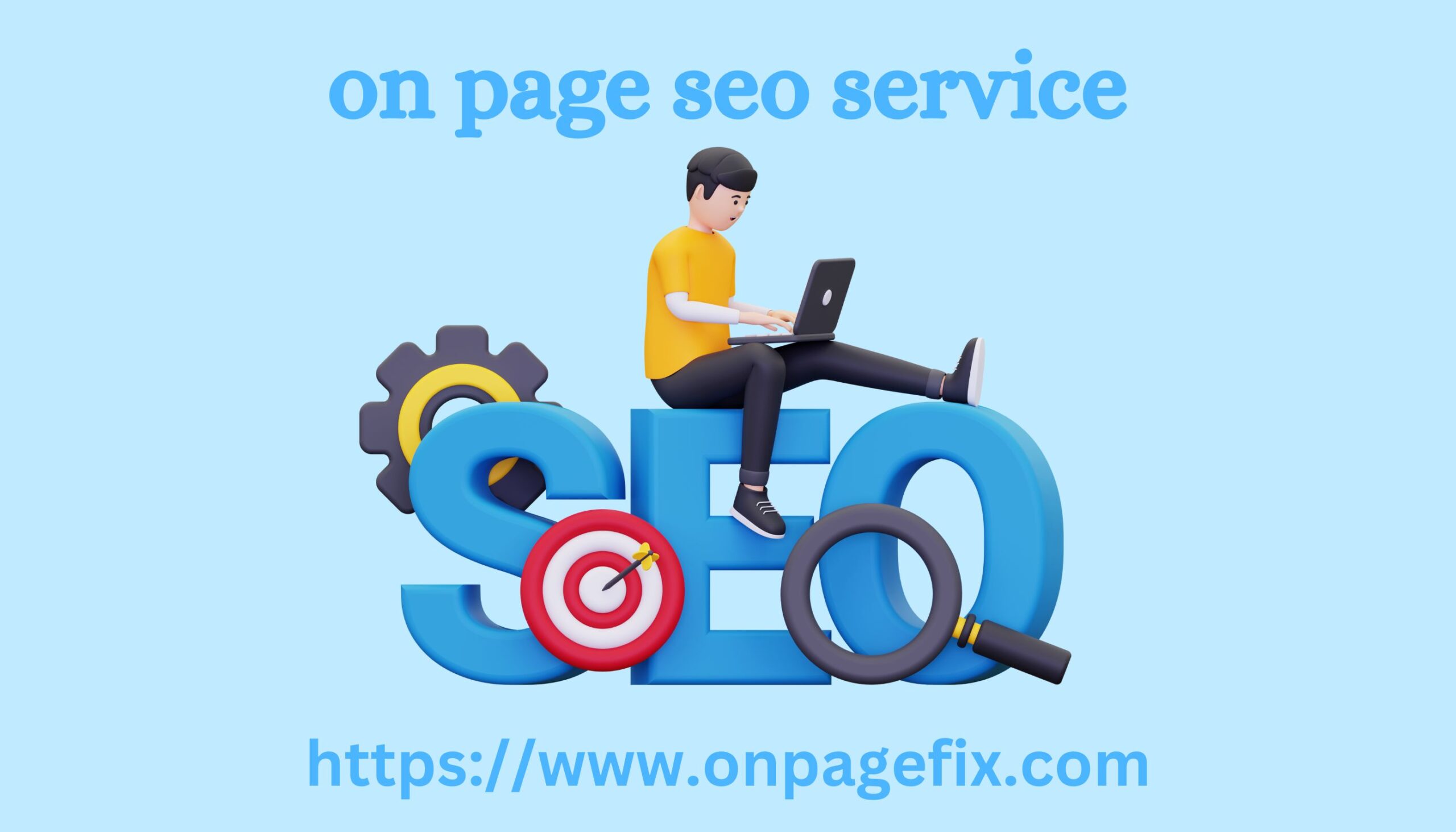Post by sinthiya007 on Nov 7, 2024 10:33:27 GMT
Artificial intelligence (AI) is a field of science and technology that deals with the creation of intelligent systems capable of performing tasks that were traditionally performed only by humans. Although it is one of the most dynamic and promising areas of modern science, there are many myths about AI in society. Some believe that it has already reached the level of human intelligence, while others believe that it poses a threat to humanity. In fact, the reality of AI is much more complex and at the same time more diverse. Let's talk about this in more detail.
Myths about AI
One of the most common myths about AI is that it on page seo service has already reached the level of human intelligence. However, this is not true at all. At the moment, AI can only perform some tasks that are common for humans, such as playing chess or recognizing faces. However, it is not yet capable of creativity, intuition, and other features of human intelligence.

Another common myth about AI is that it poses a threat to humanity. This myth is often associated with popular movies and books, which portray AI as a dangerous technology that can destroy humanity. In reality, AI is a tool that can be used in both positive and negative directions. It all depends on who and how will use this tool. However, we still see a trend that AI is no
AI has enormous potential to change our world. Today, it can be seen being used to improve people’s quality of life, such as developing new drugs, creating safer vehicles, improving education, and solving complex global problems such as climate change or poverty.
However, AI also has the potential to create new problems. For example, it could be used to create new weapons that could harm humans, and on the other hand, it could lead to job losses as automation takes over more of the tasks that humans currently do.
That is why it is so important that AI development occurs gradually and responsibly. This requires developing international rules and standards that will regulate the development and use of these technologies, as well as regularly informing society about the real potential risks and benefits of AI.
Myths about AI
One of the most common myths about AI is that it on page seo service has already reached the level of human intelligence. However, this is not true at all. At the moment, AI can only perform some tasks that are common for humans, such as playing chess or recognizing faces. However, it is not yet capable of creativity, intuition, and other features of human intelligence.

Another common myth about AI is that it poses a threat to humanity. This myth is often associated with popular movies and books, which portray AI as a dangerous technology that can destroy humanity. In reality, AI is a tool that can be used in both positive and negative directions. It all depends on who and how will use this tool. However, we still see a trend that AI is no
AI has enormous potential to change our world. Today, it can be seen being used to improve people’s quality of life, such as developing new drugs, creating safer vehicles, improving education, and solving complex global problems such as climate change or poverty.
However, AI also has the potential to create new problems. For example, it could be used to create new weapons that could harm humans, and on the other hand, it could lead to job losses as automation takes over more of the tasks that humans currently do.
That is why it is so important that AI development occurs gradually and responsibly. This requires developing international rules and standards that will regulate the development and use of these technologies, as well as regularly informing society about the real potential risks and benefits of AI.

